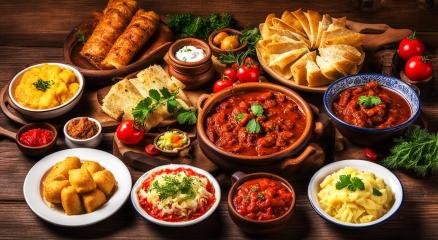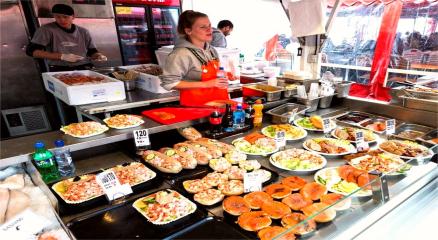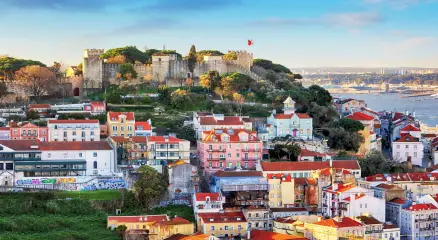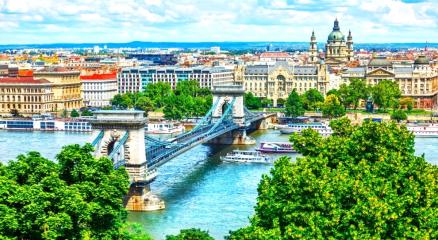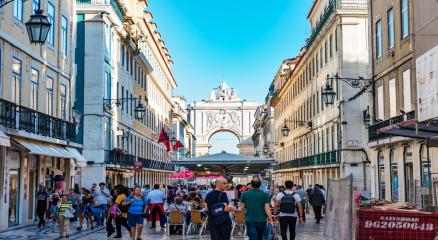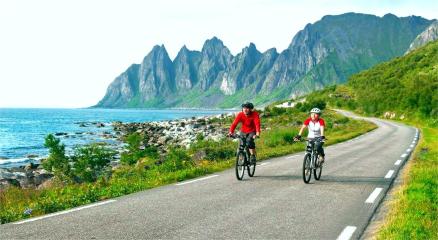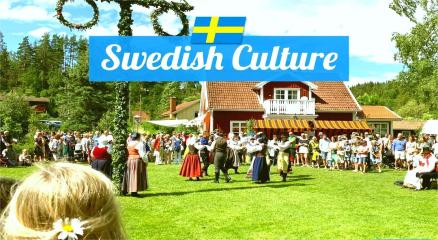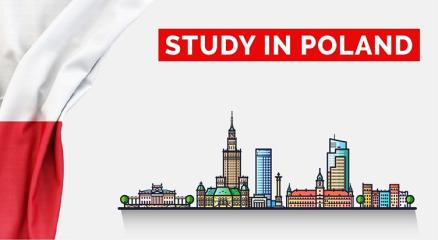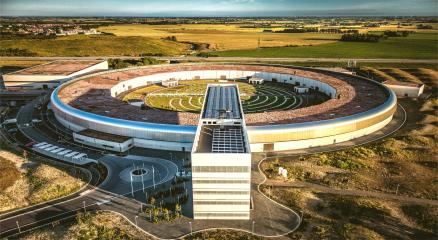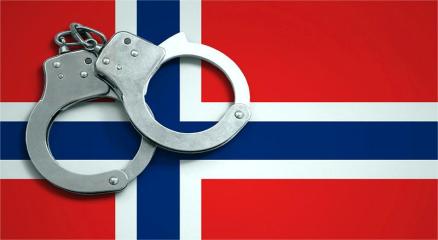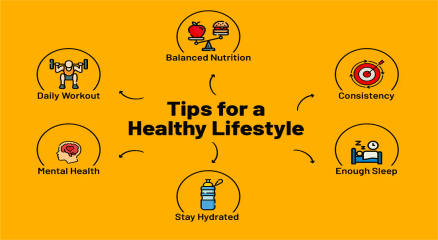Portugal Lifestyle: Where Tradition Meets Ease
Portugal is a country shaped by sea and sky, by centuries of history, and by people who know how to savour the small joys: long meals, slow walks, sea breezes, shared laughter. The Portuguese way of life is not just about what people do, but how they do it—with warmth, with care for community, and with beauty around them. In this article, we peel back the layers of life in Portugal today: what people eat, how they dress, how they relate to their culture, their home rhythms, and what visitors or anyone curious about Portugal’s quality of life might find captivating.
The Rhythm of Daily Life
Work, Leisure, Family
Life in Portugal tends to follow a more relaxed pace compared to many urban centres in Europe. Work‑life balance is prized: time with family, breaks, socializing, enjoying nature are considered fundamental rather than luxury. Binary Holding
In cities, mornings often begin with “uma bica” (espresso) or café culture: standing at a counter or seated under awnings, reading the paper, chatting. Lunch is more than refueling—it’s a ritual. Many shops close in early afternoon, especially outside Lisbon and Porto, giving people time to return home or gather with family. globelink.co.uk+1
Evenings are for winding down: strolls along waterfronts, time in local cafés, small restaurants, friends, and family gatherings. Festivals, music and public celebrations remain vital threads of Portugal’s communal life. TravelDailyNews International+1
Pace & Environment
Portugal’s geography supports this lifestyle. With long coastlines, beaches, mountains, rivers, and beautiful countryside (especially in regions like Alentejo, Douro, the Algarve), nature is never far. Whether you live in a city or village, it’s common to escape for weekend trips or hikes. Binary Holding+2TravelDailyNews International+2
Also, safety and social stability help people feel secure in their routines. Portugal often ranks high in quality‑of‑life indices in Europe. Binary Holding
Food, Drink & Social Gathering
Arguably, food is at the heart of Portuguese culture. It’s not just about what you eat—it’s who you share it with, the place, the pace, the stories that go with it. Your Overseas Home+2investinportugal.portugalglobal.pt+2
Signature Dishes & Markets
Some national staples: bacalhau (salt‑cod), prepared in many varieties; cozido à portuguesa, a hearty boiled stew with meats and vegetables; fresh seafood such as sardines, octopus, sea bass; seasonal vegetables; olive oil plays a central role. TravelDailyNews International+3quicktravelguide.eu+3Wikipedia+3
Markets in cities like Lisbon and Porto, and smaller towns, are lively places where locals shop for fresh fish, cheeses, bread, fruits, and pastries. Time Out Market Lisboa is a famous example: a collective space combining traditional stalls and modern restaurants. Wikipedia
Desserts and sweets also matter: pastel de nata (custard tarts) are iconic; convent sweets (from recipes developed in monasteries and convents) and regional pastries like ovos moles from Aveiro are cherished. emptynestergetaways.com+2quicktravelguide.eu+2
Dining & Social Culture
Meals are social, not rushed. Lunch tends to be the main meal for many. Dinner comes later, especially in summer. Sharing food with family or friends is common. If you’re invited into a Portuguese home, bringing a bottle of wine, flowers, or a dessert is considered thoughtful. Your Overseas Home
Wine is of course part of the culture: Portugal is home to many wine regions (Douro, Alentejo, Vinho Verde, Madeira, etc.), and wine is enjoyed casually in everyday meals as well as more formal dining. Portugal Magik+1
Culture, Festivals & Heritage
Portugal’s identity is shaped by its history—Roman, Moorish, maritime Age of Discovery—and by its regional diversity. The north, centre, south, islands (Azores, Madeira): each has its own customs, dialects, food, dress, and festivals. portugalvisitor.com+2TravelDailyNews International+2
Music & Tradition
Fado, a mournful, deeply emotional musical style, remains among the most recognizable Portuguese cultural exports. It is often performed in old quarters, at night in small bars and restaurants. Folk dances like the corridinho or fandango, particularly in rural communities, still survive and are celebrated during fairs. globelink.co.uk+1
Festivals & Seasonal Celebrations
Portugal’s calendar is punctuated by religious and secular festivals. Feast days such as Santo António in Lisbon, São João in Porto, are times when the streets come alive—parades, live music, street food, grilled sardines, colours, lights. TravelDailyNews International+1
Carnival is celebrated in various towns with local flavour—masks, costumes, parades. In more remote towns, traditional costumes are still worn during festivals and carnivals. Wikipedia+1
Fashion, Design, & Aesthetic
Portuguese fashion and design are a blend of tradition, quality craftsmanship, and contemporary trends. There is growing consciousness of sustainable design, local production, and heritage crafts. Atlantic Wave+1
In architecture, you will see tiled facades (azulejos), pastel‑coloured buildings, old palaces in Lisbon, Porto, Sintra; picturesque villages with white walls; designs that integrate with natural landscapes especially in rural homes. Wikipedia+2Wikipedia+2
The Portuguese Riviera illustrates elegance and leisure: luxury restaurants, art galleries, festival venues, and refined architecture shaped by both history and the modern aesthetic. Wikipedia
Living & Well‑Being
Portugal’s lifestyle scores high on well‑being metrics. Clean air (especially outside big cities), proximity to nature, abundant coastline, strong food culture—these contribute to longevity and quality of life. Binary Holding+1
Healthcare is generally good and accessible. Community, family, and social ties are strong. Older generations are respected and integrated into family life; inter‑generational households occur. Binary Holding
Also, many expats and retirees choose Portugal for its safety, climate, affordability relative to many Western European neighbours, and its welcoming culture. Binary Holding+1
Things Visitors & Newcomers Should Know
If you are visiting or considering staying in Portugal, here are a few things that help understand the flow of life:
-
Time & punctuality: There is some flexibility. Things may happen more slowly than in very fast‑paced cities elsewhere. It’s common to wait, schedules are more relaxed.
-
Outdoor life: Even in cities, much of life spills outdoors—cafés, squares, waterfronts, promenades. Weather matters—the ocean moderates temperatures in many regions.
-
Language & hospitality: Portuguese are warm and hospitable. Learning basic Portuguese phrases is appreciated. English is increasingly spoken in urban or tourist areas.
-
Cost of living: Depending on region, lifestyle style, and expectations, Portugal can be very reasonably priced especially for food, lodging, local services—though Lisbon and coastal, tourist‑heavy places will cost more.
-
Style & dress: Casual but neat is the norm. People tend to dress with a sense of propriety, even when casual. For religious or historical sites, modest clothing is respectful. Comfortable shoes are a good idea – many streets are cobbled. Atlantic Wave
Challenges & The Balance of Change
While the lifestyle in Portugal has many appealing features, it is not without its pressures. Rising housing costs in Lisbon, Porto and popular coastal regions; the tensions between preserving heritage and accommodating tourists; the environmental challenges of climate change especially in coastal areas; balancing modernization with tradition. These are real issues that many Portuguese consider in public debate. Binary Holding+1
Also, younger generations may seek faster‑paced work, more urban opportunities, digital innovation. Portugal is seeing growth in start‑ups, remote work, cultural industries—but ensuring infrastructure, transport, cost‑of‑living keep up is an ongoing task.
Why Portugal’s Lifestyle Resonates
Portugal offers a compelling model of life that is both rich in history and gentle in pace; vibrant in community and deeply rooted in place. For people tired of hyper‑speed city life, or of constant competition, or of disconnection, Portugal shows that quality often lies in connection—connection to nature, to food, to family, to beauty. It offers reminders that life can be both meaningful and pleasurable.
Conclusion
Portugal is much more than its postcards: the pastel‑coloured rooftops of Lisbon, nor the golden beaches of the Algarve alone. It’s the smell of grilled sardines at a night street party; the warm aroma of custard tarts fresh from the oven; the sound of Fado echoing through narrow alleys; the comfort of family around a dinner table; the rhythm of waves, the slow drift of time. The Portuguese lifestyle is a dance between past and present, between tradition and modern creativity, between rest and celebration. For visitors, newcomers or anyone curious, Portugal doesn’t force you to hurry—they invite you to stay a bit longer, feel more deeply, live more fully.



